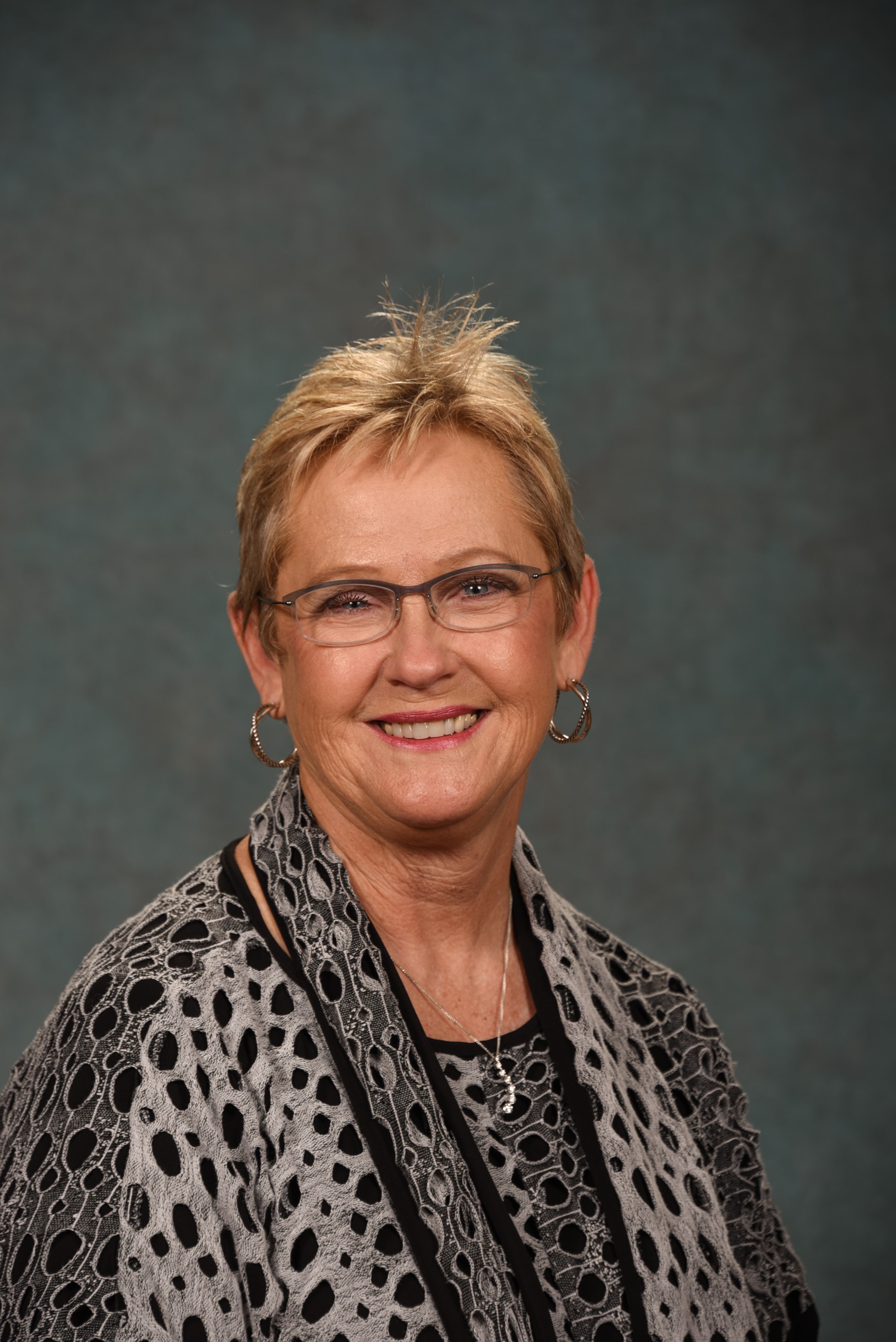The Future of Nursing in Texas: Stakeholders Moving Towards Alignment Summit Recommendations—Where Do We Go from Here?
![]() Print this Article | Send to Colleague
Print this Article | Send to Colleague
Dr. Paula J. Webb, DNP, RN, NEA-BC, FAONL
Associate Professor
Texas Tech University Health Sciences Center School of Nursing
Past President - TONL
 |
| Dr. Paula J. Webb |
A collaborative approach between the Texas Organization for Nursing Leadership (TONL) and the Texas Board of Nursing (TBON) resulted in convening a statewide summit entitled The Future of Nursing in Texas: Stakeholders Moving Towards Alignment. The Summit was held in Austin on February 24 & 25, 2020. The purpose of this Summit was to develop a coordinated approach to address gaps between and within academia and practice and optimize clinical learning experiences for the future of nursing in Texas. Over 130 nurse stakeholders from academia and practice settings, along with various national and state nursing organizations, attended the summit. The attendees were invited based on nominations from their member organizations. The two-day Summit utilized presentations and a world café format to engage participants in open discussion and problem solving.
As a result of The Future of Nursing in Texas: Stakeholders Moving Towards Alignment Summit, a report was completed which outlined the results and recommendations for action. View the full report HERE.
The recommendations were shared with sponsoring organizations and other named organizations to consider their interest in involvement to further the work of the Summit.
Major themes and sub-themes were identified from the dialogue at the summit. The four major themes were: Clinical Placement/Scheduling, Work Environment, Quality, and APRNS. Appropriate stakeholder organizations were identified for each of the major recommendations related to each theme. The Executive Committee and Board of TONL reviewed and approved the recommendations/initiatives assigned to TONL. Leaders for these initiatives will be selected by the TONL Board to include organization members for the sub-committees/task forces.
Many recommendations assigned to TONL were identified in the Clinical Placement/Scheduling theme area. Major initiatives included collaboration with TBON to hold a bi-annual meeting outside of legislative session years (such as the summit) of stakeholders utilizing the same world café approach, continue convening academic-practice partnership meetings to address issue and dialogue on solutions to those issues, develop a statewide preceptor orientation to decrease the variability in preceptor education, and explore regional placement committees for allocating clinical spaces among various nursing programs. Each of these initiatives would include representatives from other professional organizations or practice settings.
One TONL initiative was identified in each of the Work Environment and Quality theme areas. The Work Environment recommendation was to work to standardize the clinical orientation of students throughout comparable site settings. Nursing students receive varied clinical orientation which leads to confusion in determining what is acceptable in various settings. In the Quality area, TONL was asked to work with the TBON to disseminate the Differentiated Essential Competencies (DECs) to both academia and practice. DECs are a statewide set of competencies for vocational and professional nursing program graduates originated by a Texas Legislature mandate in 1988. These are included in all academic curriculum to provide a common standard for nursing program outcomes and graduate preparation.
The remaining TONL recommendations were more global and not assigned to a specific theme area. One recommendation is for TONL to explore ways to resolve current issues with students accessing the electronic health records (EHRs) in organizations. Student access is variable among organizations and can lead to a less informed student in the clinical setting. Another is to work with TBON to explore a standard clinical placement agreement to be used throughout the state, decreasing the variability in requirements by different organizations. Finally, TONL was asked to work TBON, nursing schools and healthcare organizations to hold a statewide collaborative with APRN stakeholders to review Board Rule requirements, based on the national standards of the Consensus Model for APRN Regulation, Licensure, Accreditation, Certification and Education (LACE). This effort could clarify some of the differences in roles of APRNs in various settings.
While this list of recommendations may feel overwhelming, the charge to each organization is to discuss the recommendation and initiate further work to achieve the recommendation. Suggested timeframes for action and completion were presented in the report between 2021-2023. As we move forward with these recommendations, the TONL board will apprise the membership of volunteer needs and progress towards completion. Please feel free to reach out to the Executive Committee or your Chapter President if you are interested in participating in one of the initiatives.
In closing, a coordinated approach to addressing gaps between academia and practice will lead to a better prepared nurse for the healthcare setting and improved patient care/outcomes. It takes all of us to make the changes necessary to achieve that goal. Margaret Mead stated, “Never doubt that a small group of thoughtful, committed citizens can change the world; indeed, it’s the only thing that ever has.” Nursing is not a “small group,” but we are thoughtful and committed. By working together, we can make this happen and change our profession.

